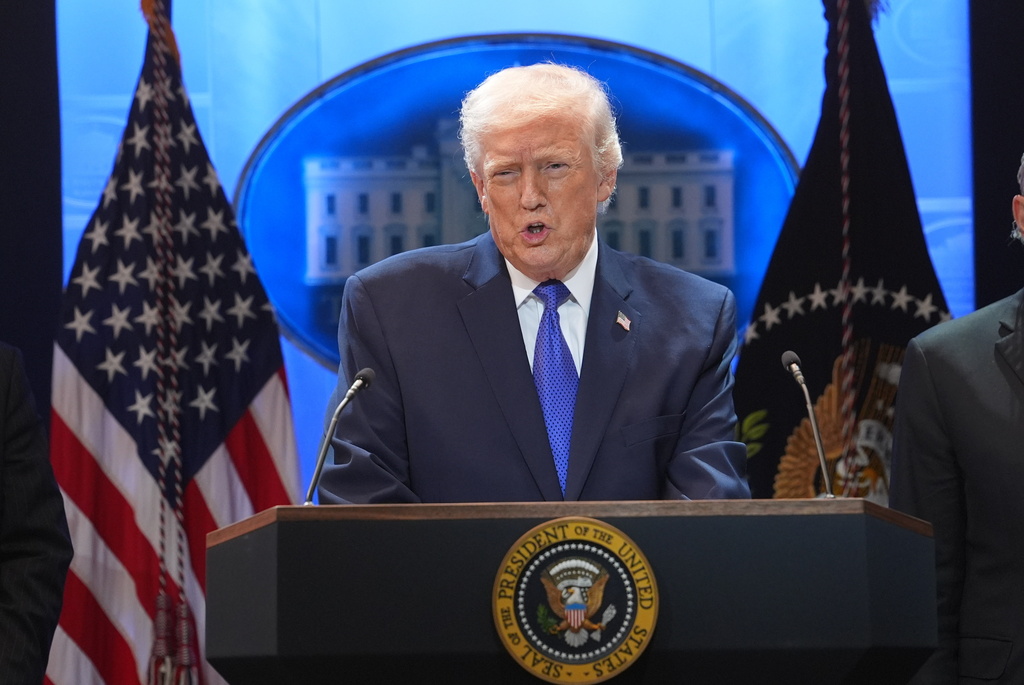It’s been four years since the landmark First Step Act was signed into law. It is the most consequential criminal justice reform to pass through Congress in 20 years.
It reduced the sentencing disparity between crack and powder cocaine for thousands of inmates, offered a reduction in prison time for participation in prison programs and many other measures.
Matthew Charles was the first person to be released after the passing of the First Step Act.
"Thousands have benefited from it, thousands more stand to benefit from it. So the success of the First Step Act goes on," Charles said.
Charles spent 21 years of a 35 year sentence in federal prison for a non-violent drug offense. His sentence was shortened under the Obama administration’s Fair Sentencing Act — or so he thought.
"It felt like having the rug pulled out from beneath you while you’re standing on it," he said.
He was released in 2016, but the Department of Justice appealed his release, and a judge sent him back to prison two years later.
"I was sent back, not because I had violated any new laws or any conditions of my release, but because the prosecutor had successfully appealed my release," he said.
It wasn’t until the First Step Act passed that Charles was released for the second and final time.
"Now Matthew is the first person to be released under the First Step Act," said President Trump.

President Biden Reverses Drug Law To Include Low-Level Offenses
The First Step Act will allow shorter sentences for small amounts of crack cocaine.
"Oh, it was surreal. It was completely different — a person should be able to earn their way out, a person should be able to rehabilitate themselves," he said.
Charles is one of more than 14,000 people who have been released or had their sentences reduced due to the First Step Act.
There’s another 61,000 prisoners who now qualify to earn time credits toward reducing their sentence by participating in rehabilitation programs behind bars.
"I don't believe the Trump administration thought through how to implement this program very well," he said.
Even four years later, inmates, politicians and advocates say the Bureau of Prisons has in many cases fumbled implementation across their facilities.
"We saw reports of people in prison, receiving erroneous reports of how many credits they've earned, not knowing how many credits they've earned — you know, that's crushing," said Ames Grawert, who works at Brennan Center for Justice.
U.S. Senator Dick Durbin and Chuck Grassley have called for the BOP to "fully implement the earned time credits" provision and said "further delay cannot be excused."
"That's the most important part of the prison reforms in the First Step Act. It would hopefully change the way that the federal bureau of prisons works by providing people with more opportunities for rehabilitation where needed and rewarding people for that," said Grawert.
Making these changes will be the newly inducted leader of the Bureau of Prisons — Colette Peters, who met with Senator Durbin just this week.
Since his release, Matthew Charles has worked across the state of Tennessee and nationally advocating on behalf of incarcerated people and pushing for the First Step Act to fully live up to its promise.
"To be historically linked to the bill — I feel humbled and honored. I feel humbled because I don't deserve it. I feel honored because I'm grateful that I was released. And I'm grateful for the position that I now hold that I'm able to help others going through the situation that I've gone through," said Charles.











